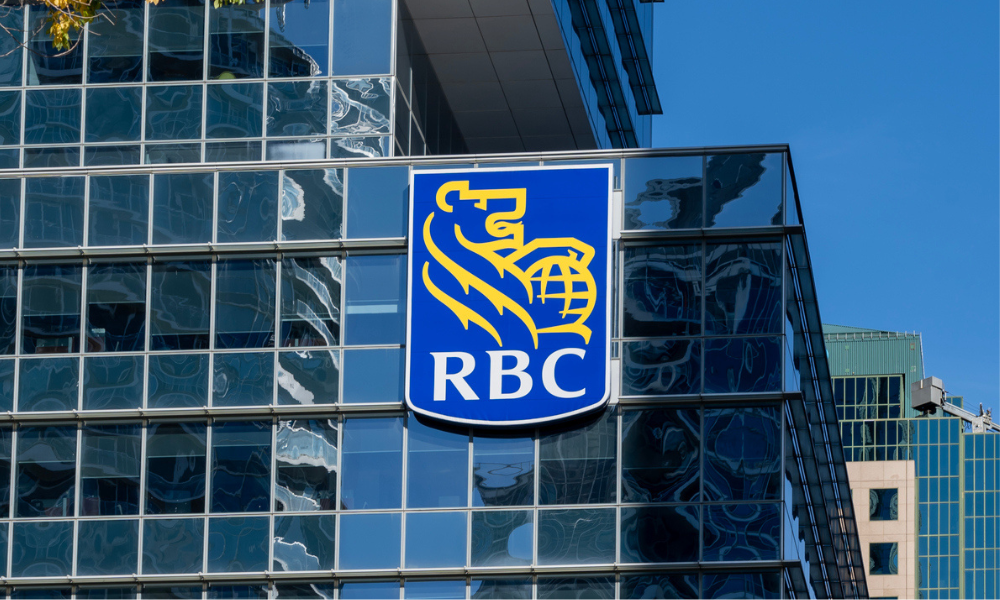Millions are in financial situations that they cannot move forward from

The state of Canadians’ personal finances are starkly highlighted in a new report from RBC which shows that more than half are stuck in financial situations that they feel unable to exit, especially given the rising cost of living.
Among the 55% of respondents who described themselves as ‘financially paralyzed’ the poll found that 48% say they cannot continue to maintain their standard of living, and one in three say their finances are constantly in chaos.
These responses are more prevalent among Millennials although Gen Xers are close behind. Boomers’ finances are generally in a better state but 46% of 61-70-year-olds say they are financially paralyzed and 16% say their finances are in constant chaos.
Six in ten across all age groups are worried they don't have enough money to cover unexpected expenses today, with 44% saying this is their biggest financial risk over the next year.
The winter edition of the RBC Financial Flexibility Poll also reveals that around half of those who took part have no confidence that they will ever be able to move forward from the poor financial situation they are currently in.
A similar share say that their day-to-day financial challenges make it hard to consider a way out of their financial situation, 44% say running out of money is a matter of ‘when’ rather than ‘if’ and 18% believe their finances are already ‘over the edge’.
"As financial flexibility continues to erode, it's not surprising to hear that Canadians are feeling anxious and uncertain about what steps they can take to try to find their footing again," said Craig Bannon, director, Regional Financial Planning Support, RBC. "If this was a medical health issue, you would seek out the expertise of a medical professional. We're advising Canadians to use the same approach for their financial health and lean into the expertise of an advisor."
The survey found that half of respondents are spending all of their income on essential expenses and bills, leaving no disposable income for retirement savings or building up an emergency buffer. In fact, 47% admit they have dipped into retirement or emergency funds to cope with rising costs, while taking on debt or asking friends/family for help is reported by a quarter of poll participants.



